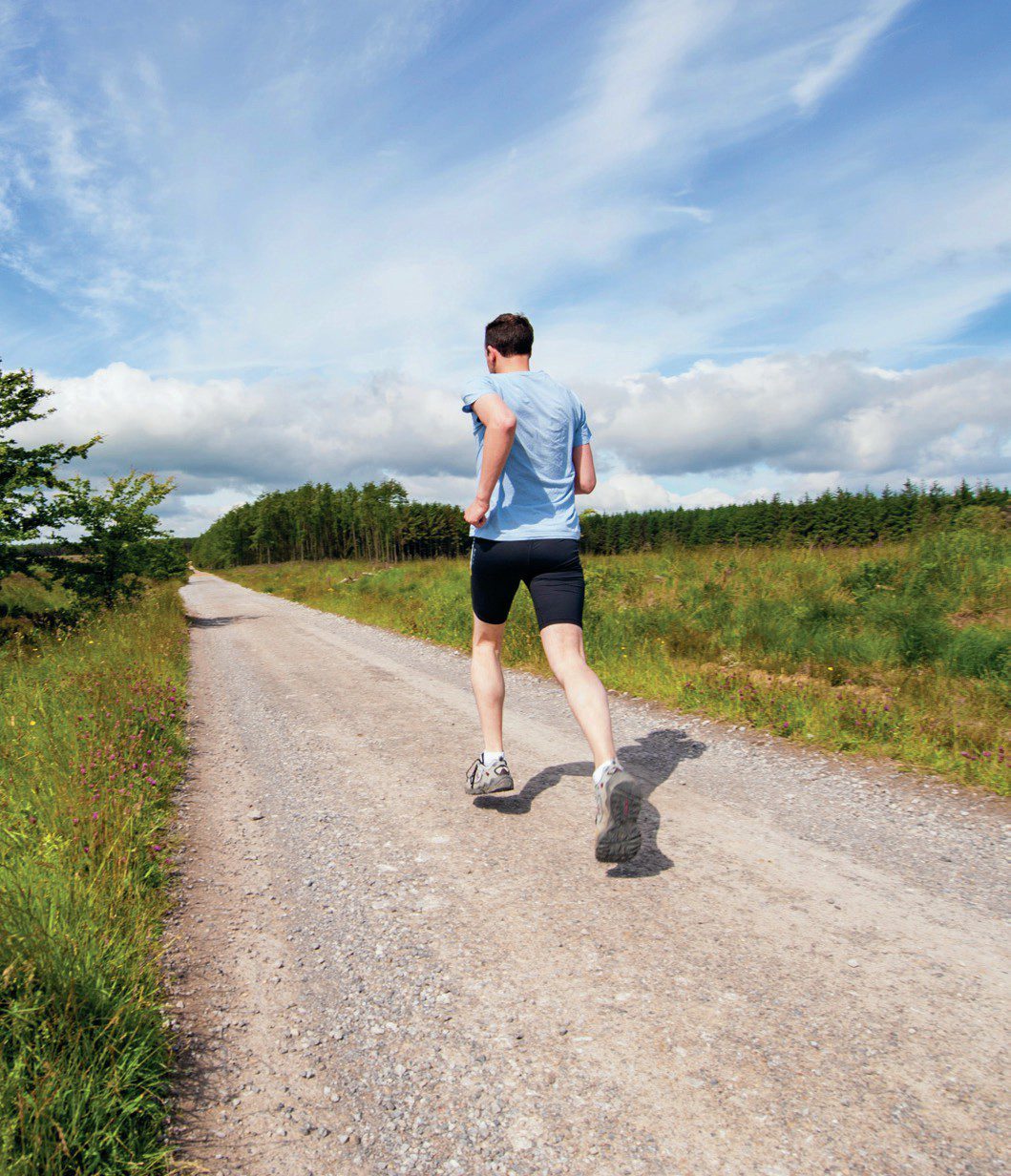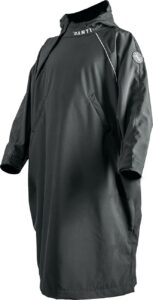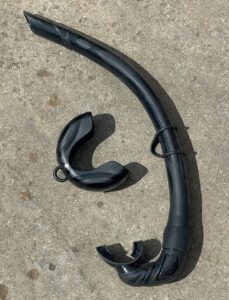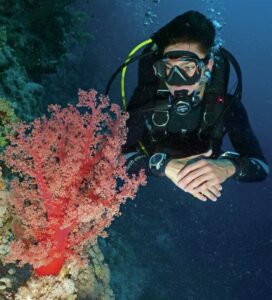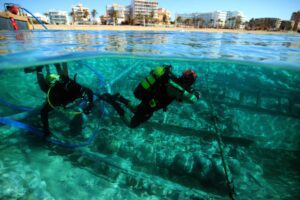Q: My son and I have been mapping the bottom of a quarry. We did several dives last weekend; each was to about 9m and 45 minutes long. The water was cold, so we decided to run (about 1.5km) around the quarry between dives to get warm. We started running about ten minutes after coming out of the water. To our surprise, we ran much better and were able to breathe more easily than usual. I understand it may be inadvisable to exercise too soon after diving, but I wondered if you could explain why we found breathing while running so much easier after diving. It was a complete surprise to both of us — we thought we’d be sluggish, but just the opposite was true.
A: The factors captured by your question are quite complicated and bridge a number of issues. First, the recommendation against exercise after diving is based on decompression safety.
Vigorous exercise and/or high joint forces can promote bubble formation and increase the risk of decompression injury. The simplest way to visualise this effect is to compare the result of opening a bottle of soft drink that has been at rest and one that was shaken before opening.
The Nature of the Dive Profiles
While avoiding unnecessary exercise after diving is a sound general recommendation, the relatively benign nature of the dive profiles you described make this less critical (Please note that ‘less critical’ does not mean unimportant, just that the exposure you described is not as high on the risk scale as many dives might be.)
Factors Affecting Breathing after Diving
The next consideration is the impact of immersion, breathing equipment and person. The combined effects of a blood shift to the chest (primarily caused by the hydrostatic pressure of water, potentially magnified somewhat by additional cold stress), elevated breathing resistance from the mouthpiece — which can vary substantially depending on body position, depth (due to changing gas density), level of exercise and the characteristics of the regulator itself — state of hydration (being overhydrated can increase the likelihood of respiratory problems) and miscellaneous factors such as age, gender, constrictive equipment and physical fitness can lead to a degree of respiratory compromise after diving.
The Role of Immersion and Respiratory Compromise
If enough of these small factors work together, a swimmer or diver may develop a condition known as immersion pulmonary oedema, in which excess fluid enters the lungs and compromises breathing during or following a dive. The solution is to try to reduce the impact of each element, a goal divers may achieve consciously or unconsciously. Some protection is provided by maintaining a normal pattern of good but not excessive hydration and by maintaining an optimal body position and low-exercise intensity during dives to reduce breathing effort.
The Perception of Ease
Immersion, especially in cold water, can induce some respiratory compromise. Mild impairment may not be noticed postdive because of the more-obvious benefits of removing the regulator, dropping the heavy gear and having to work only against air. I suspect that your sense of ease was more perceptual than actual.
The Importance of Post-Dive Rest
Ultimately, while you may feel good post-dive, the dive has still stressed your system. For this reason, I would discourage strenuous exercise. The postdive period is the right time to take it easy. Establishing a habit of keeping physical effort low after diving may offer important protection since some dives are less benign than others. Think of this as inexpensive insurance for long-term health and safety.
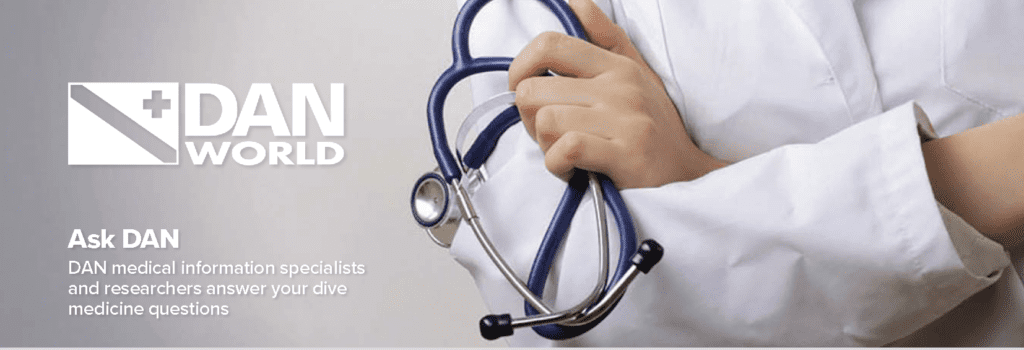
This article was originally published in Scuba Diver UK #74
Subscribe digitally and read more great stories like this from anywhere in the world in a mobile-friendly format. Link to the article.
